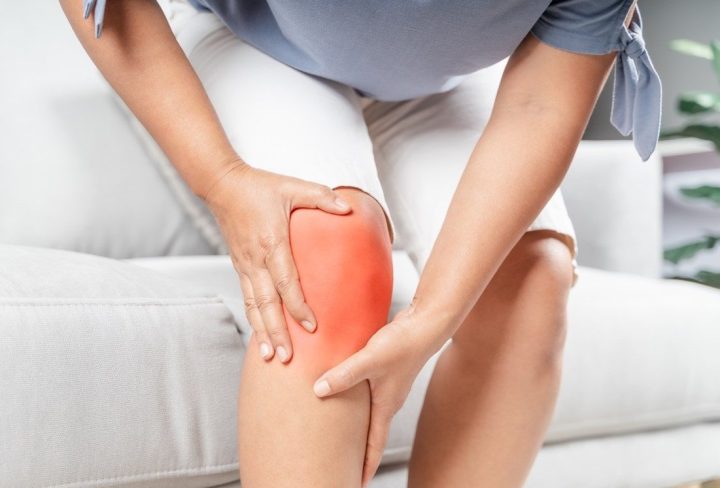Knee Osteoarthritis (KO), a prevalent form of arthritis, is a progressive condition that gradually wears down the protective cartilage in the knee joint. This cartilage is crucial as it acts like a cushion and allows for smooth, pain-free movement of the knee. As it deteriorates, the bones of the knee joint begin to rub more closely against each other, leading to pain, swelling, stiffness, and reduced mobility.While it is commonly associated with aging, factors like genetics, previous knee injuries, and obesity can also increase the risk of developing KO.
While there’s no cure yet, advanced treatments and lifestyle modifications can offer substantial relief and improve quality of life. This blog discusses these innovative options and practical lifestyle changes, offering hope to those siuffering with knee OA.
Advanced Treatment Options for Knee OA
- Hyaluronic acid injections: these injections mimic a naturally occurring substance in your joints, providing lubrication and cushioning, thereby reducing pain and improving mobility.
- Platelet-rich plasma (PRP) therapy: a newer approach involving the injection of a concentration of a patient’s own platelets to accelerate the healing of injured tendons, ligaments, muscles, and joints.
- Stem cell therapy: this cutting-edge treatment uses stem cells derived from your body to repair damaged knee cartilage.
- Arthroscopic surgery: a minimally invasive surgery to repair or clean out damaged knee cartilage.
- Knee osteotomy: a surgical procedure that involves cutting and reshaping bones to relieve pressure on the knee joint.
- Total knee replacement: in severe cases, replacing the damaged knee joint with an artificial one can be the best option.
Lifestyle Modifications to Manage Knee OA
- Exercise smartly: focus on low-impact exercises like swimming, cycling, or yoga that strengthen muscles without putting extra stress on your knees.
- Weight management: losing weight can significantly reduce the strain on your knees and alleviate pain.
- A healthy diet: incorporate anti-inflammatory foods like omega-3 fatty acids found in fish and nuts to help reduce joint inflammation.
- Proper footwear: wear shoes that provide good cushioning and support to reduce the stress on your knee joints.
- Heat and cold therapy: applying heat can relax muscles and improve lubrication in the joint, while cold therapy can reduce swelling and pain.
- Ergonomic adjustments: make changes in your work and home environments to reduce strain on your knees.
Conclusion
Knee OA might be a part of your life, but it doesn’t have to dictate it. By embracing advanced treatment options and integrating smart lifestyle changes, you can take control of your knee health. Remember, each positive change, no matter how small, can lead to significant improvements in your journey with knee osteoarthritis.

